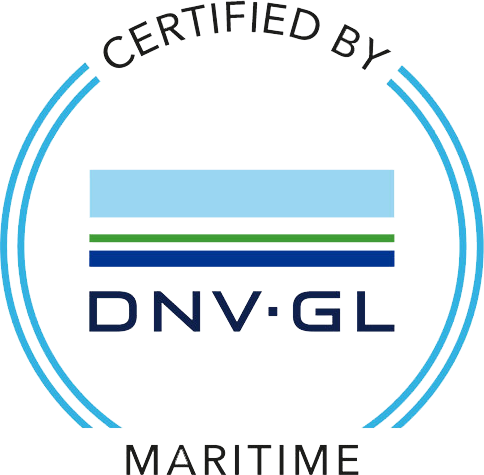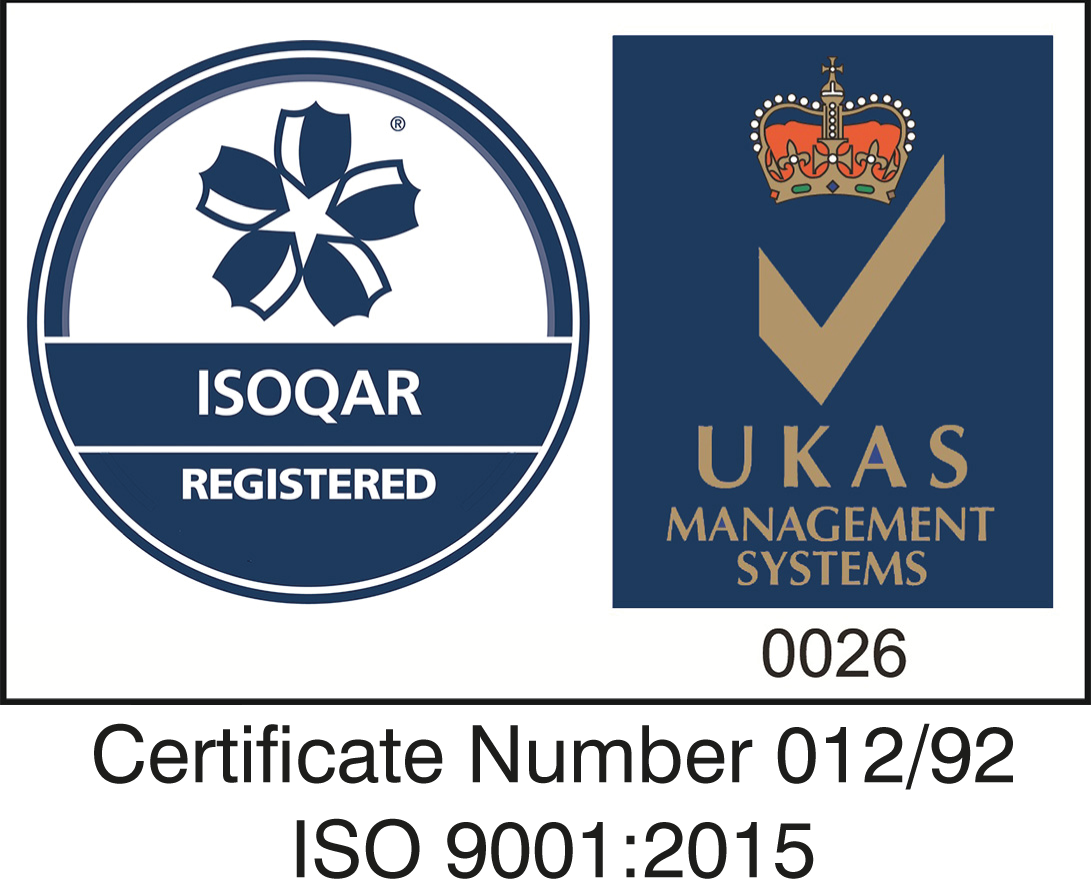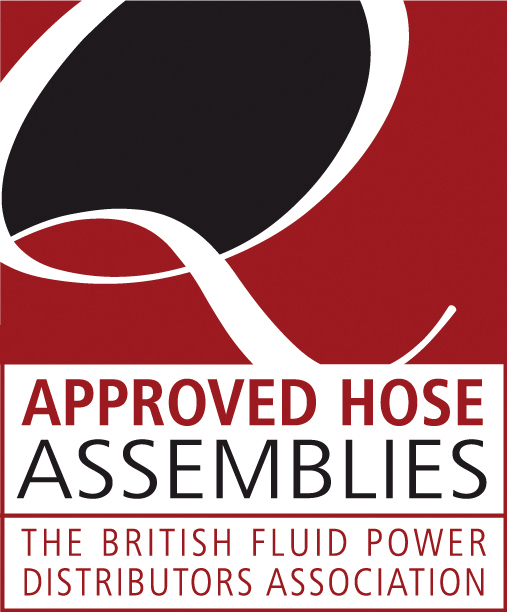Top tips for improving hydraulic system reliability
If you’re operating hydraulic machinery, it’s likely that your business operations are highly reliant on that system remaining fully operational and reliable at all times.
If you’ve ever experienced a fault or breakdown within your system, then you’ll understand just how detrimental this can be to your operations, profits and outgoings. Whilst hydraulic systems are typically designed to be robust and reliable for years, these things can happen – it’s often just part and parcel of operating one.
Fortunately, there are a few things you can do to actually improve the reliability of your system and help to prevent future breakdowns. This extends further than simply performing maintenance checks and routine filter changes, instead the way you care for your machine and its components are the main focus.
Here are some of our top tips for helping to improve hydraulic system reliability.
Ensure adequate environmental conditions
If you want to get the most life out of your hydraulic system, pay close attention to its operating conditions and make sure you’re giving it the most optimal chance to perform for a longer period of time.
Below are the two main factors that should be kept in check:
Maintain a clean system
It goes without saying that a clean system is a happy system. We all know the dangers of hydraulic fluid contamination and just how easily it can happen, so it’s important to keep the system as clean as possible to prevent this from occurring.
Contamination in hydraulic fluid is a huge contributing factor to system failures, so it’s critical that fluid is always filtered to the highest possible level, even when it’s a brand new batch. Fresh hydraulic fluid can contain contaminants, so filtering it before adding it to your system is a priority.
Keeping your hydraulic fluid clean can be done by investing in good quality filtration systems and changing them as often as the manufacturer recommends. However, the existing fluid should still be regularly monitored and replaced when required. Even if it’s being filtered, component materials can naturally start to wear away and continuous friction can result in particles entering the fluid.
Keeping a clean hydraulic system doesn’t just involve the purity of your fluid, though. To improve the reliability of your machinery, ensure that components are kept as clean as possible both internally and externally.
The environment in which hydraulic machinery typically operates is usually dirty and dusty, which is a fast-track route to external particles entering the system. Whilst this can be controlled for the most part with a suitable filtration system, it’s recommended to keep your work area as clean as possible to reduce the chances of debris entering the system – particularly when it’s open for repair or maintenance.
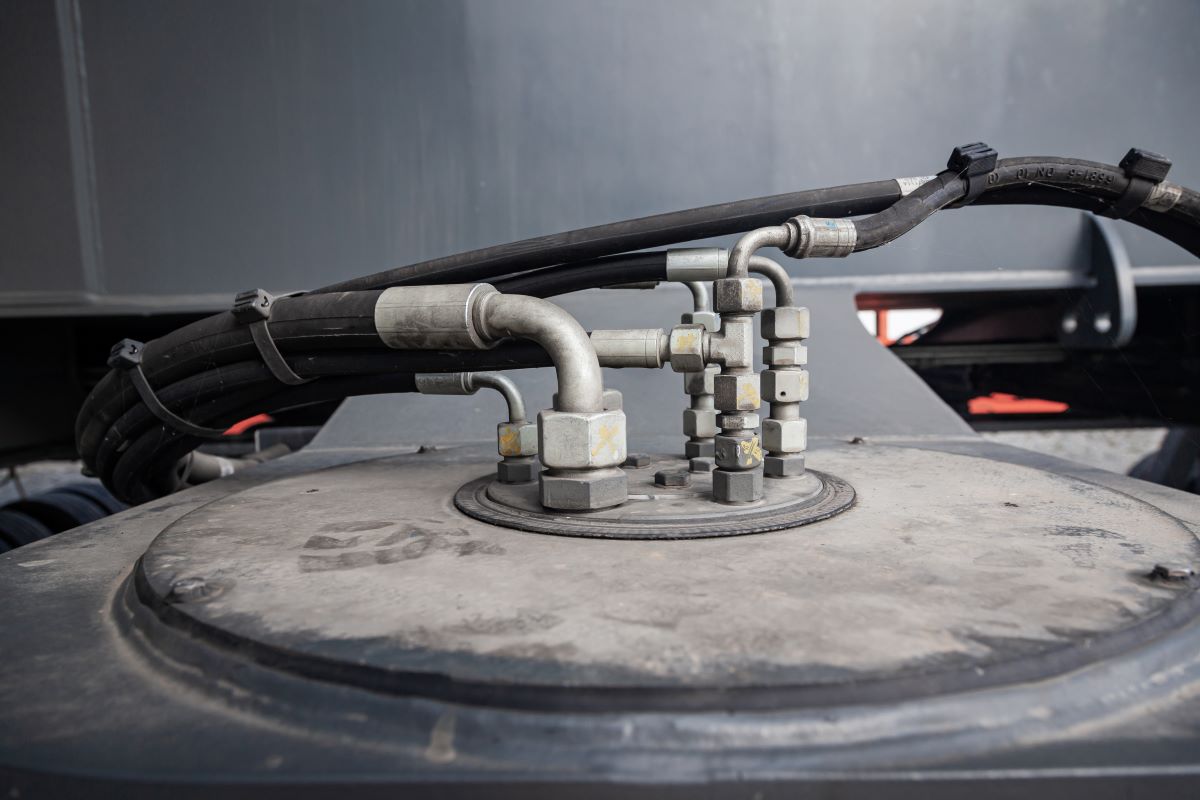
Keep the system dry
Contamination can be a hydraulic system killer, and so can moisture. Excessive moisture within a system can compromise the efficiency of your equipment and lead to damaging key components if it starts to cause oxidation or corrosion.
It’s important to recognise the most prevalent cause of moisture in a hydraulic system – which is typically air humidity. Especially in hot weather, moisture from the air can dissolve directly into the hydraulic fluid. To prevent this, try to keep the area ventilated and consider installing a desiccant breather on your machine to prevent moisture from entering it in the first place.
Regularly monitor the temperature
A hydraulic system overheating is every operator’s worst nightmare. It’s up there with contamination when it comes to the number of failures caused by excessive temperatures, but it can be prevented with the correct measures in place
Extremely high temperatures impact the lifespan of hydraulic fluid, as it speeds up the natural degradation of the fluid which can in turn reduce its life by as much as 50%.
Hydraulic fluid can start to lose its viscosity and ability to adequately lubricate when temperatures rise, which can cause even more heat generation and wear on the components. Once your fluid starts to become inefficient due to the system overheating, this will likely result in a failure.
As a general rule of thumb, hydraulic fluid temperatures should never exceed 82°C. In order to achieve a stable fluid temperature, the system’s capacity to dissipate heat must be greater than its heat load. Anything that increases heat load above its designed cooling capacity will cause it to overheat.
There are many reasons why a hydraulic system may overheat, including:
– Fluid contamination
– Aeration
– Incorrect fluid type
– Low fluid levels
– Blocked heat exchanger
– Leaks
– Sudden pressure drops
If your system is overheating, check on all of the above areas to detect any issues with the fluid or any obstructions blocking airflow around the reservoir.
Any sudden temperature spike should be investigated immediately, with all operations paused. If the fluid continues to operate at an excessive temperature, it will almost certainly cause irreversible damage to the system’s components.
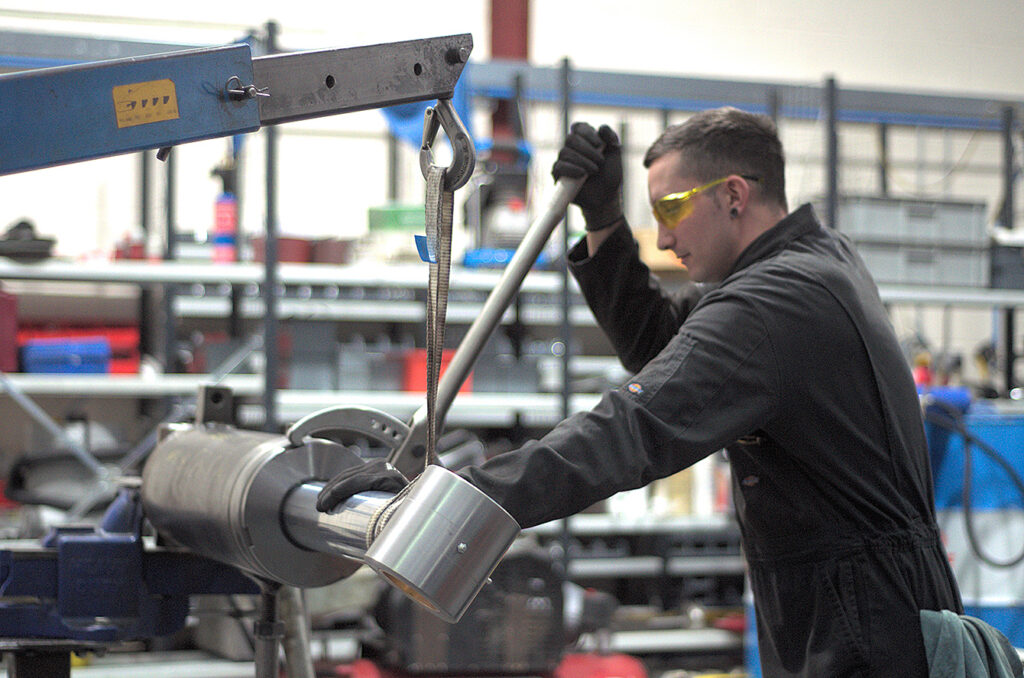
Perform regular hydraulic system testing
Testing of hydraulic components isn’t something that should only be reserved for when troubleshooting or repairs are required. By performing regular tests on each key component, any potential problems can be identified sooner rather than later.
Hydraulic pumps, accumulators and valves should all be tested regularly to ensure they’re performing to their maximum potential without any causes for concern.
Carry out preventative maintenance
Similarly, conducting regular maintenance checks is a great way to identify any potential issues before they occur. Whilst this is something that all hydraulic machinery operators should do, it’s often overlooked yet it’s one of the most crucial aspects of ensuring reliability.
Frequent maintenance of key components such as filtration systems, temperature switches, oil level switches, breather caps and the reservoir should be given a great deal of attention as although some of these fittings may seem relatively minor, they can make a substantial impact on the performance and efficiency of the overall system.
Hydraulic system testing and maintenance procedures shouldn’t be performed by an untrained eye. They require in-depth knowledge of the system and its components in order to be completed to a high standard. If you don’t have a highly skilled hydraulic engineer on-site, it’s always best to outsource this type of work to a professional.
If you’re looking for a reputable and trustworthy hydraulic engineering partner, look no further than Derek Lane & Co. Fluid power engineering is our speciality, and we offer a range of regular maintenance contracts and preventative maintenance programs to serve your hydraulic needs.
We’re based in Newton Abbot, Devon but can fulfil the needs of any business operating in the surrounding areas of Cornwall and Somerset, or further afield across the UK. If you’d like to find out more or make an enquiry, get in touch with us.

